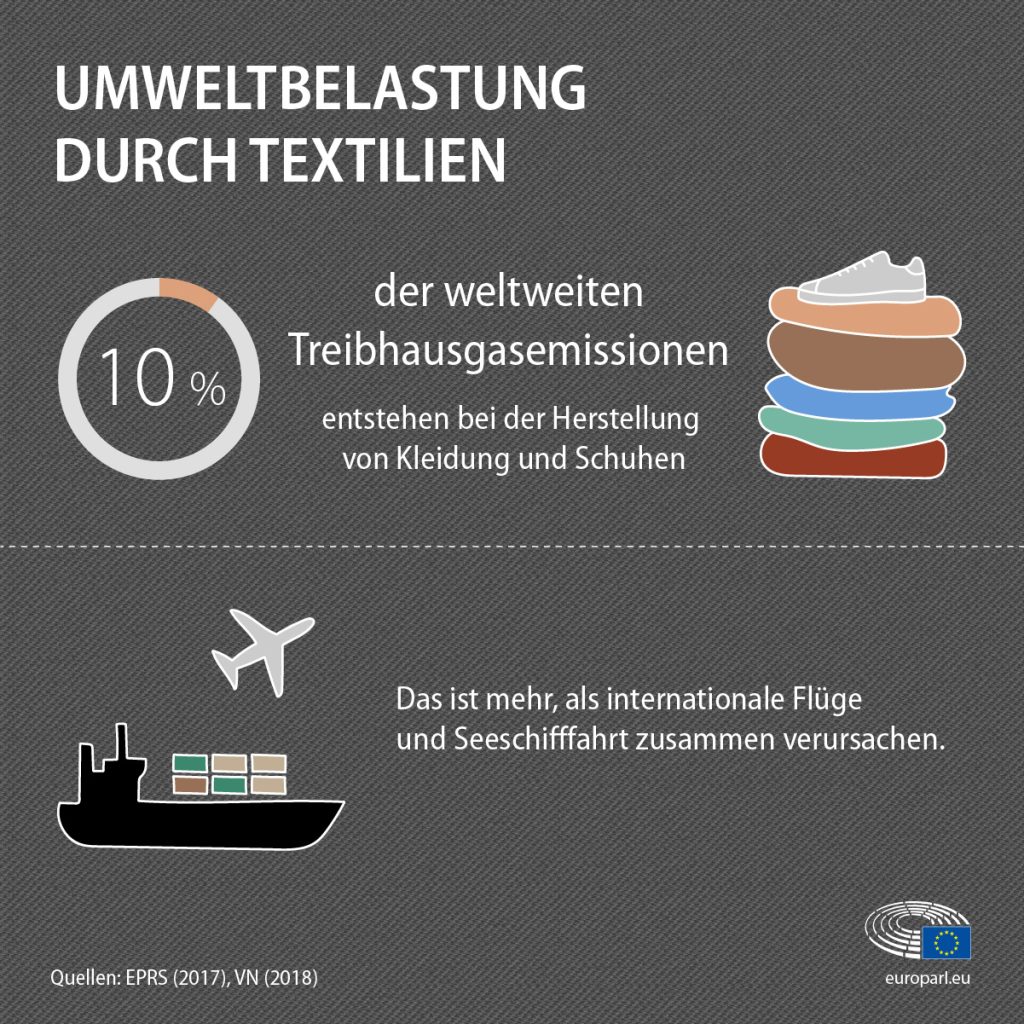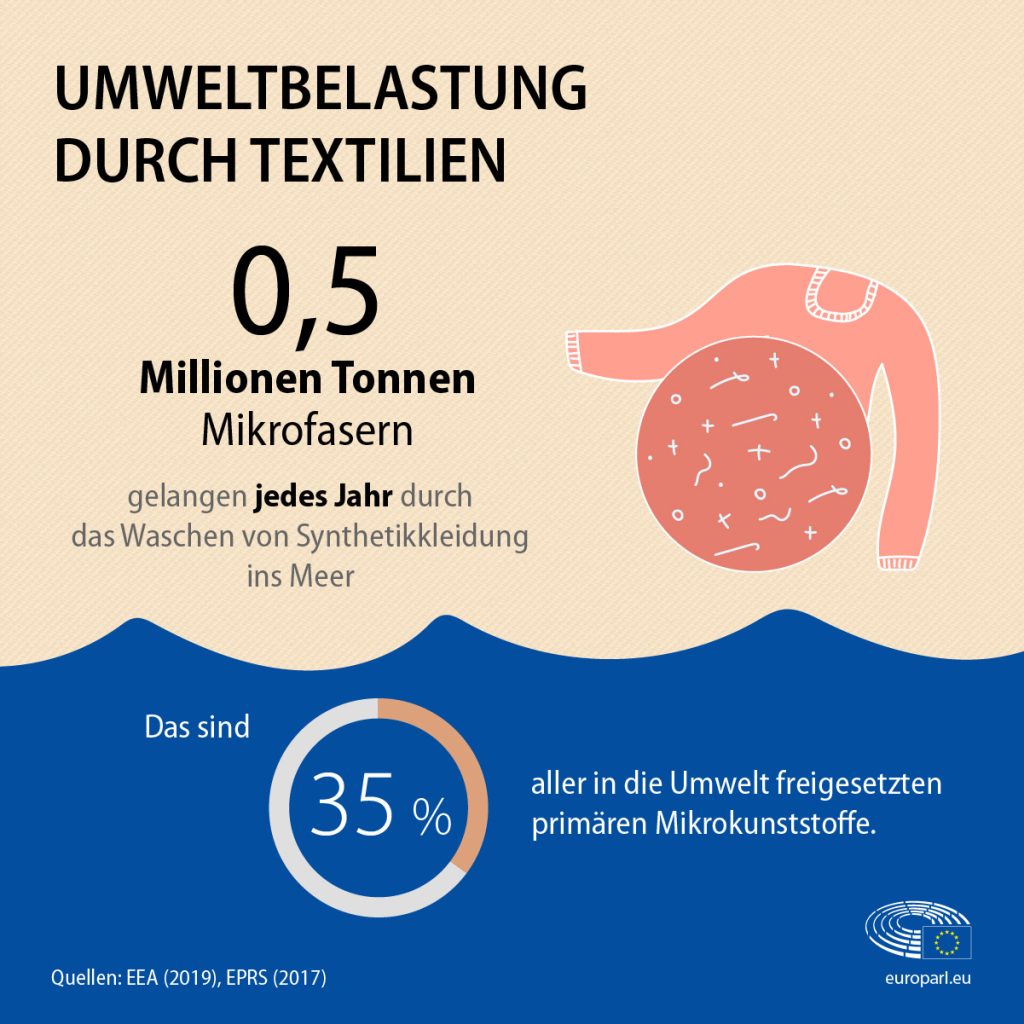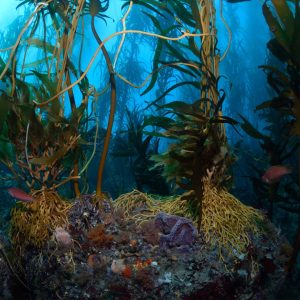The textile industry and greenwashing

The textile industry is one of the biggest polluters and climate sinners on the planet. It is responsible for ten percent of global CO2 emissions and twenty percent of global water pollution. The industry is coming under increasing pressure as consumers become more aware of sustainability. However, a fashion industry that currently produces around 100 billion items of clothing per year will not become sustainable by switching to organic cotton and recycled polyester. Nevertheless, many labels are trying to put on a green mantle with "climate neutral" or "responsible". You would almost need a doctorate as a consumer to distinguish greenwashing from true sustainability strategies.
 The textile industry produces 1.2 billion tons of CO₂ every year. The major problem areas are greenhouse gas emissions, contaminated wastewater, textile waste and air pollution that occur during the various production steps. Not to mention the poor working conditions and other social aspects.
The textile industry produces 1.2 billion tons of CO₂ every year. The major problem areas are greenhouse gas emissions, contaminated wastewater, textile waste and air pollution that occur during the various production steps. Not to mention the poor working conditions and other social aspects.
"The textile industry produces more than 100 billion items of clothing every year - twice as many as two decades ago. At the same time, the average period in which garments are worn has halved. Mass manufacturers are flooding the market with cheap clothing.
A large proportion is made from polyester (PET) - the cheapest and most popular yarn in the world. Environmentalists estimate that up to twelve million tons of plastic end up in the world's oceans every year," writes brand eins.
"The fashion industry is probably the second biggest polluter in the world after the oil industry. But everyone claims to operate sustainably," says Eric Liedtke, former Adidas board member who founded his own fashion label Unless with the aim of producing 100% compostable fashion.
"Fast fashion companies are basically greenwashing when they claim to be sustainable," explains consumer and greenwashing expert Nunu Kaller. "An industry that works by turning cycles around as quickly as possible and bringing as many products onto the market as possible in a short space of time can never be sustainable, even if companies use this term to describe themselves."
The recycling scandal

Many companies advertise that they use recycled materials. However, this does not save our planet; in fact, the opposite is true for recycled polyester, says the expert. "Recycled polyester is not new, but the danger comes more from the microplastics that continue to contaminate our water through washing." In general, Kaller believes that the claim "recyclable" is misleading for consumers.
Liedtke takes a similar view when he says: "PET is an eternal material that never completely disappears. At some point, it decomposes into microplastics and enters our food chain, bloodstream and ultimately our lungs via the soil, air and water. Microplastics are becoming an omnipresent killing machine. I could therefore well imagine that in future it will no longer be permitted to describe recycled plastic as sustainable."
There are platforms that deal explicitly with the topic of greenwashing and provide information about it. These include klimareporter.in and Inspektorin Grün.






